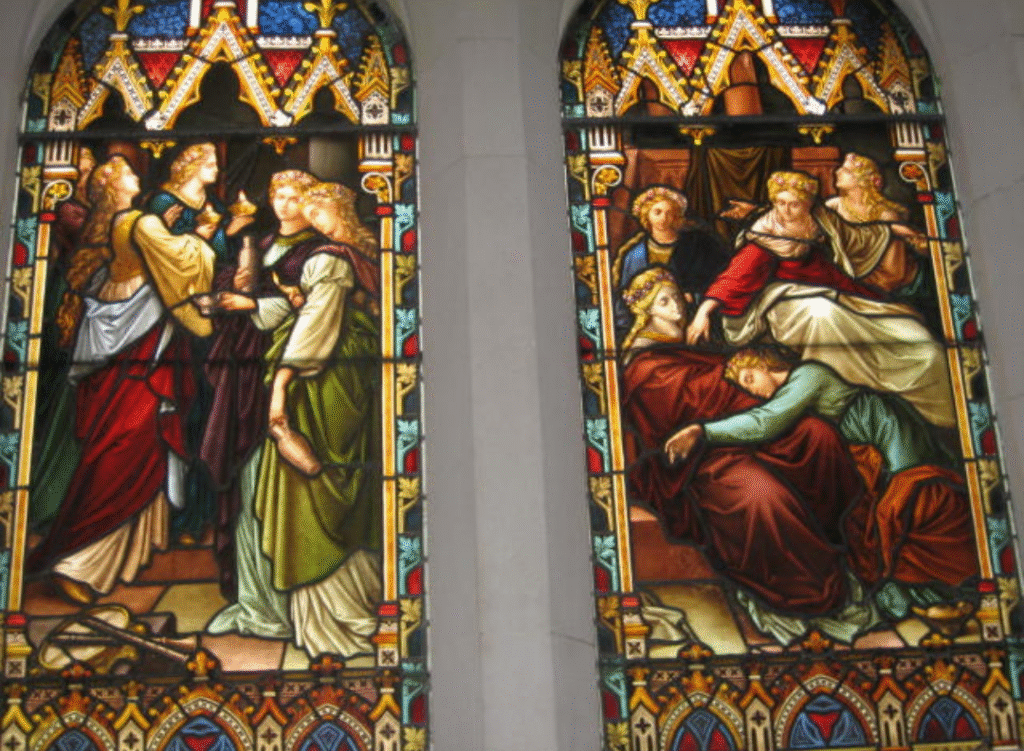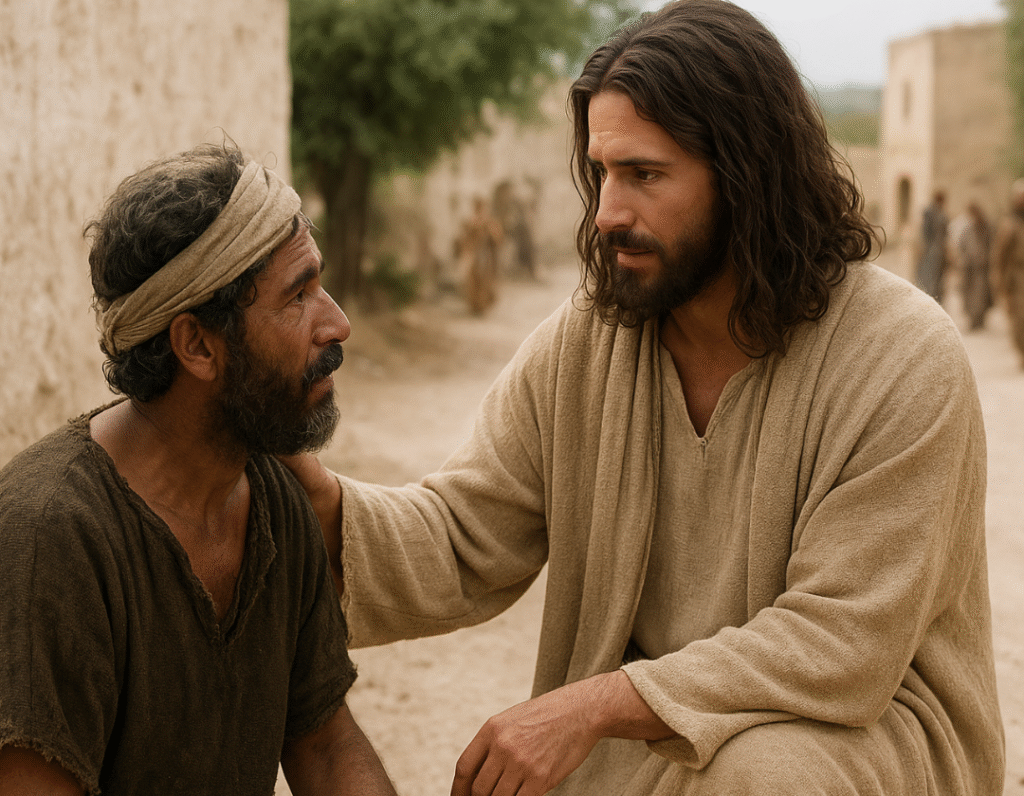Discover how Jesus’ parables carried sharp social critiques—justice, power, caring for the poor—beyond spiritual lessons.
Jesus’ Parables: Hidden Social Messages
Jesus used stories. He spoke in parables. Many hear them as spiritual teachings. Yet, beneath grace lie critiques of society. He questioned power. He exposed inequality. He valued mercy.
The parable of the Good Samaritan teaches love across class and ethnicity. The Workers in the Vineyard reveal injustice in labour and reward. The Rich Man and Lazarus flips social expectations about poverty and wealth. Jesus didn’t just comfort the hurting; he challenged the comfortable.
Parables Confronting Authority
Few realize Jesus often addressed power structures. In parables, he undermined religious elites. He rebuked corrupt rulers. He warned of hypocrisy. For example, in the parable of the Pharisee and the Tax Collector, he unmasks self-righteousness and pride in positions of respect.
Also, the parable of the Unjust Judge shows that persistence matters more than status. The judge favours the widow despite her low standing. This exposes that justice systems often favour the powerful. Jesus uses irony to provoke thought about fairness and lobbying for compassion.

Why These Messages Matter Today
Today’s world still grapples with inequality. Jesus’ social critique remains relevant. He called for care for the marginalized. He affirmed dignity of the downtrodden. He exposed double standards.
Thus, we can use his parables to examine modern issues: poverty, racism, privilege, access to justice. We can listen. We can act. Parables become tools not only for faith but for justice. They urge us to live with empathy and courage.
*Click here for more interesting blogs





0 Replies to “Jesus’ Parables: Hidden Social Messages”